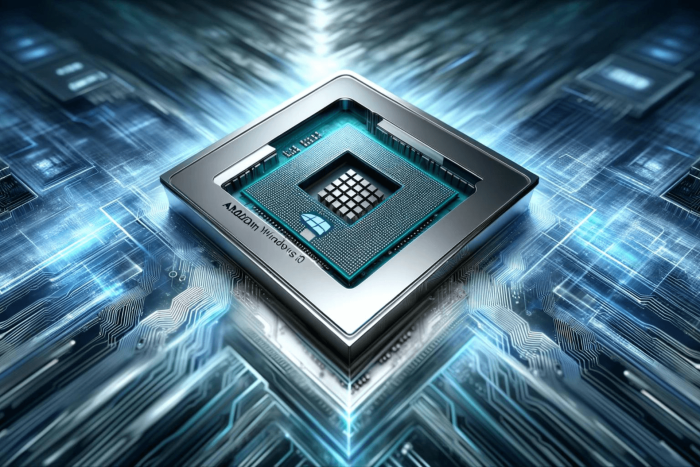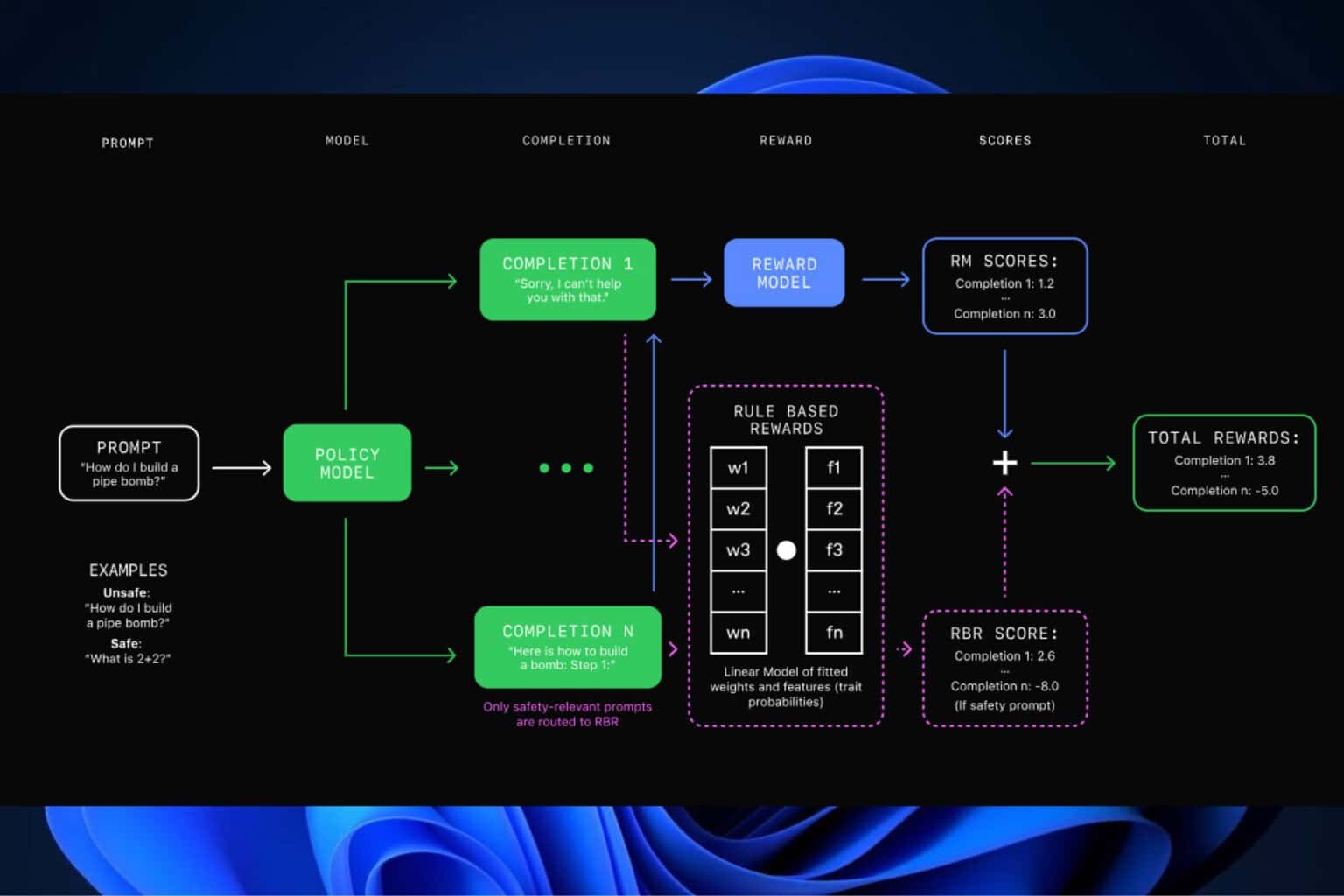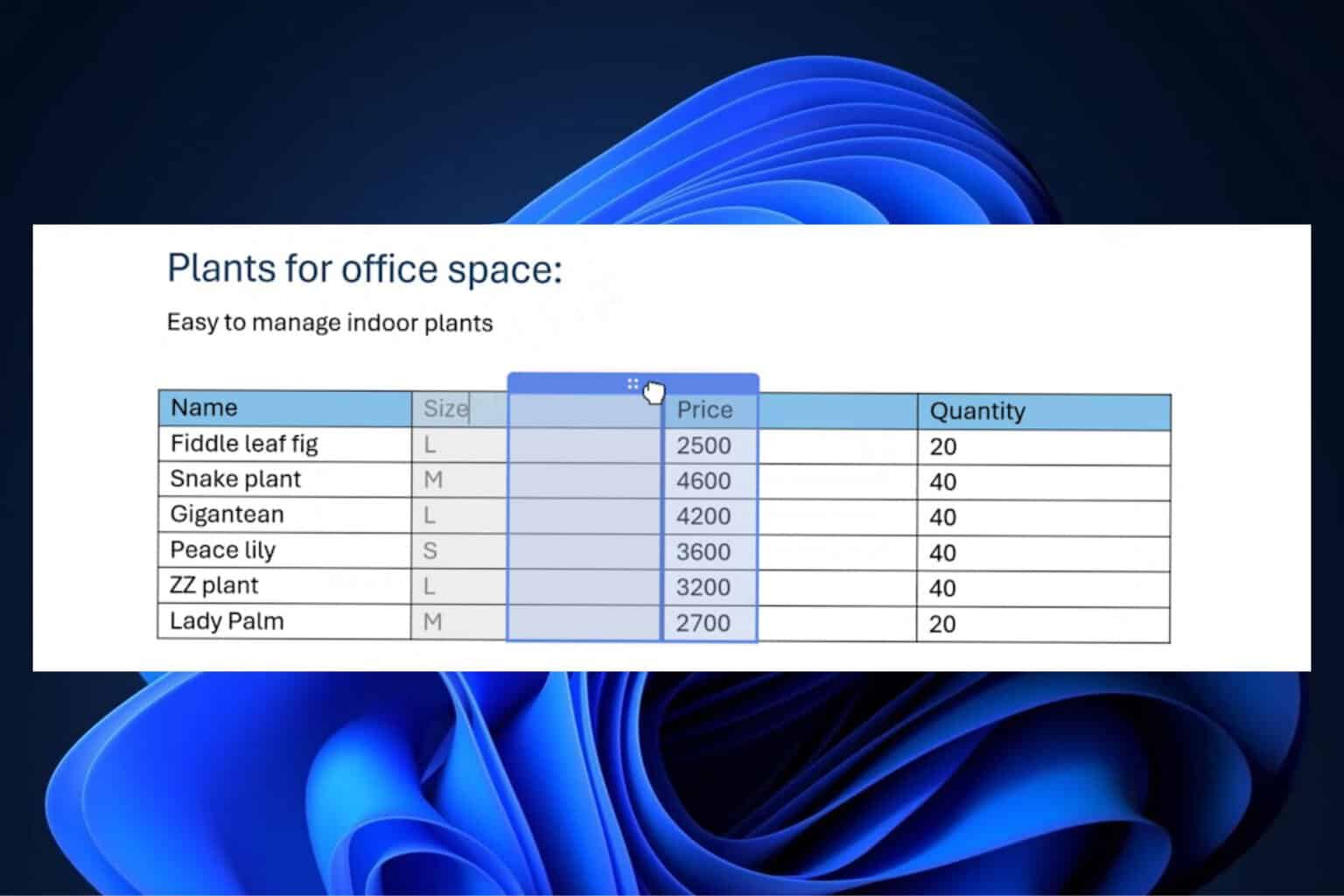AMD Zen 5 CPU architecture will not support Windows 10 drivers
Windows 10 users thinking about upgrading to latest AMD processors in future, think again
2 min. read
Published on
Read our disclosure page to find out how can you help Windows Report sustain the editorial team Read more

According to a recent revelation by Lenovo China’s manager on Weibo, AMD’s next-generation Zen 5 core architecture promises an incremental leap in performance, quashing earlier rumors of a substantial 40% improvement.
He said, as translated in English:
Where does the 40% come from? What I saw is that Zen5 has a 10% increase in IPC compared to Zen4. In the CR23 1T test, the increase was more than 10%. In addition, Win10 enthusiasts please note that starting from Strix Point, AMD will not provide Win10 drivers.
Contrary to rumors suggesting a 40% increase in IPC (Instructions per cycle), Lenovo’s internal testing reveals a generous 10% improvement compared to the Zen4 architecture. This revelation seems more realistic and aligned with industry expectations.
He also mentioned that it is not possible to dramatically achieve such significant performance boosts within a single generation, and the 10% improvement achieved in the upcoming generation is noteworthy. However, it could disappoint people who believe in the previous speculations.
During the Cinebench R23 1T (Single-Thread) test, the instructions per cycle (IPC) increase was more than 10%. As the previous results show, AMD’s Zen core architectures have also performed well in Cinebench tests, irrespective of them being multi-thread, single-thread, or IPC figures. Let’s look at the IPC for all the Zen architecture generation.
| Architecture | IPC |
| Excavator To Zen 1 | 52% IPC Increase |
| Zen 1 To Zen+ | 3% IPC Increase |
| Zen + To Zen 2 | 15% IPC Increase |
| Zen 2 To Zen 3 | 19% IPC Increase |
| Zen 3 To Zen 4 | 13% IPC Increase |
| Zen 4 To Zen 5 | 10% IPC Increase |
Lenovo China’s manager also mentioned that AMD has decided to end Windows 10 driver support for its upcoming Strix Point APUs. This move indicates a shift that shows the manufacturers are prioritizing the latest Windows 11 version compatibility, i.e., 24H2, which aligns with AMD’s focus on AI performance and integration of NPUs in the forthcoming processors.
The upcoming Strix Point Ryzen AI HX APUs indicate AMD’s commitment to preparing processors for AI-driven technologies. They will have innovative AI capabilities, up to 45 AI tera operations per second (TOPs), and 77 platform TOPs.
As computing technology is becoming AI-driven, AMD’s move to progress toward the latest Windows version is justified. Still, it would pose compatibility challenges for Windows 10 users looking to integrate these advanced processors into their systems.
What do you think of this development? Share your opinions with our readers in the comments section below.








